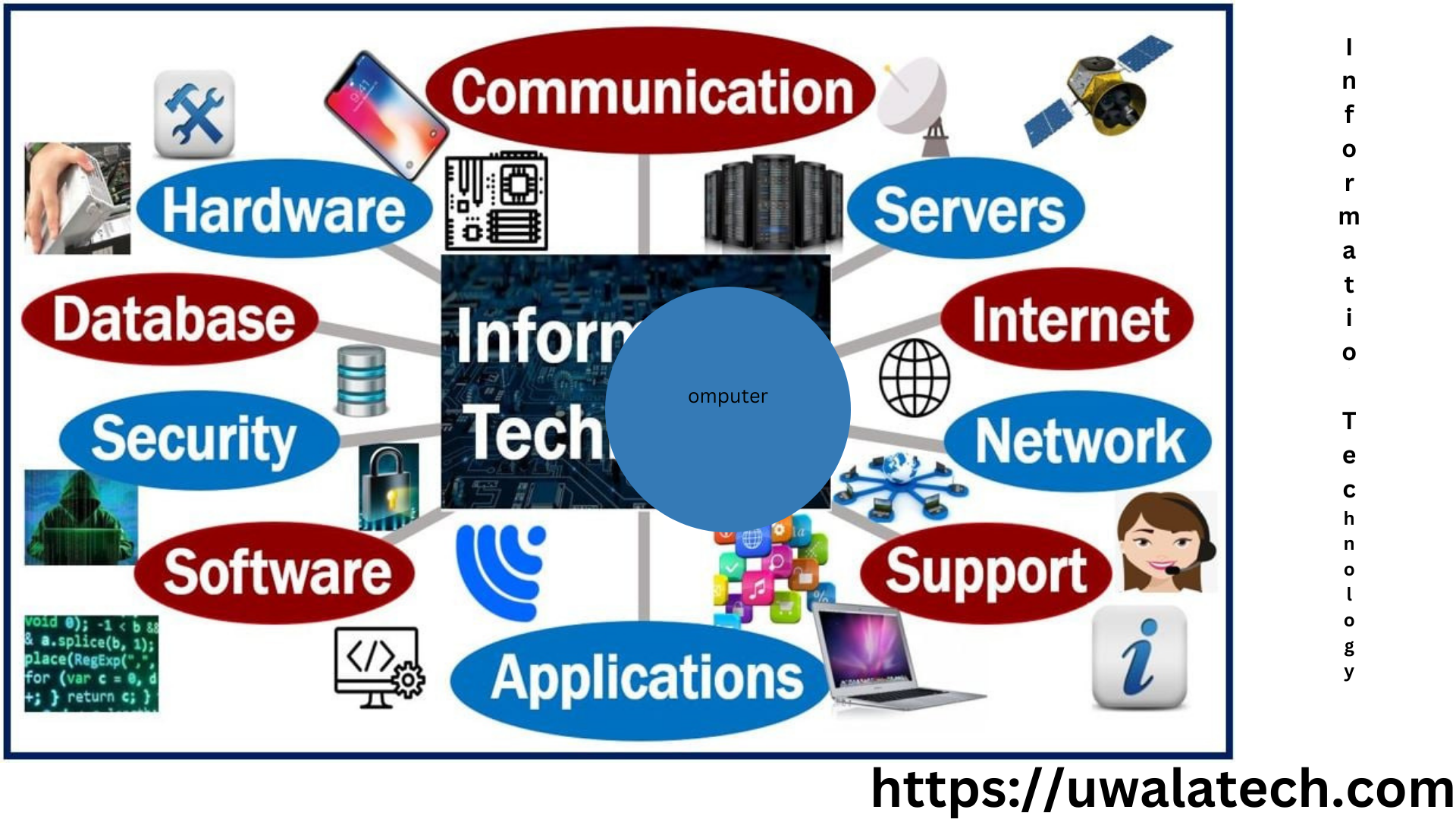A Comprehensive Guide to Information Technology: Understanding the Basics, Benefits, and Frequently Asked Questions (FAQs)
Information technology (IT) has become an integral part of our modern world, powering businesses, governments, and individuals alike. In this article, we will delve into the basics of information technology, explore its benefits, and answer some frequently asked questions (FAQs) to help you gain a clear understanding of this dynamic field.
What is Information Technology?
Information technology, commonly abbreviated as IT, refers to the use of computers, telecommunications, and other technologies to store, retrieve, transmit, and manipulate data. It encompasses a wide range of technologies, including computer hardware, software, networking, databases, cybersecurity, cloud computing, artificial intelligence (AI), and more. IT is used in various sectors, such as business, healthcare, finance, education, government, and entertainment, to streamline operations, enhance productivity, and facilitate communication and collaboration.
Benefits of Information Technology
The adoption of information technology has revolutionized the way we live and work, providing numerous benefits. Here are some of the key advantages of information technology:
- Increased Efficiency: Information technology automates repetitive tasks, eliminates manual errors, and streamlines processes, resulting in increased efficiency and productivity. For example, the use of project management software allows teams to collaborate effectively, track progress, and meet deadlines, leading to improved project outcomes.
- Enhanced Communication: Information technology enables instant communication and collaboration, regardless of geographical locations. Email, instant messaging, video conferencing, and other communication tools have made it easier for individuals and businesses to connect and share information, facilitating global connectivity and business expansion.
- Data Management: Information technology facilitates efficient data storage, retrieval, and analysis, enabling organizations to make data-driven decisions. Robust databases and analytics tools help businesses gain insights into customer behavior, market trends, and performance metrics, leading to informed decision-making and strategic planning.
- Competitive Advantage: Organizations that leverage information technology effectively gain a competitive edge. Technology-driven innovations, such as e-commerce, mobile apps, and social media marketing, help businesses reach customers more effectively, expand their markets, and stay ahead of the competition.
- Cost Savings: Information technology can result in cost savings through automation, process optimization, and reduced reliance on manual labor. For instance, cloud computing allows businesses to scale their IT infrastructure based on demand, reducing upfront costs and operational expenses.
Frequently Asked Questions (FAQs)
What are some popular programming languages used in information technology?
Ans: There are numerous programming languages used in information technology, including Java, C++, Python, JavaScript, Ruby, and many more. The choice of programming language depends on the application, platform, and requirements of the project.
What is cloud computing?
Ans: Cloud computing refers to the delivery of computing resources, such as computing power, storage, and software, over the internet. It allows businesses and individuals to access and use IT resources on-demand, without having to invest in and manage their own physical infrastructure.
How important is cybersecurity in information technology?
Ans : Cybersecurity is critical in information technology to protect data, systems, and networks from unauthorized access, data breaches, and cyber threats. It involves implementing security measures, such as firewalls, encryption, and authentication, to safeguard against potential vulnerabilities and attacks.
What is artificial intelligence (AI)?
Ans: Artificial intelligence (AI) is a branch of information technology that focuses on the development of computer systems that can perform tasks that typically require human intelligence, such as visual perception, speech recognition, decision-making, and problem-solving. AI technologies, such as machine learning and natural language processing, are used in various applications, such as virtual assistants, recommendation systems, and autonomous vehicles.
How is information technology used in healthcare?
Ans: Information technology plays a crucial
